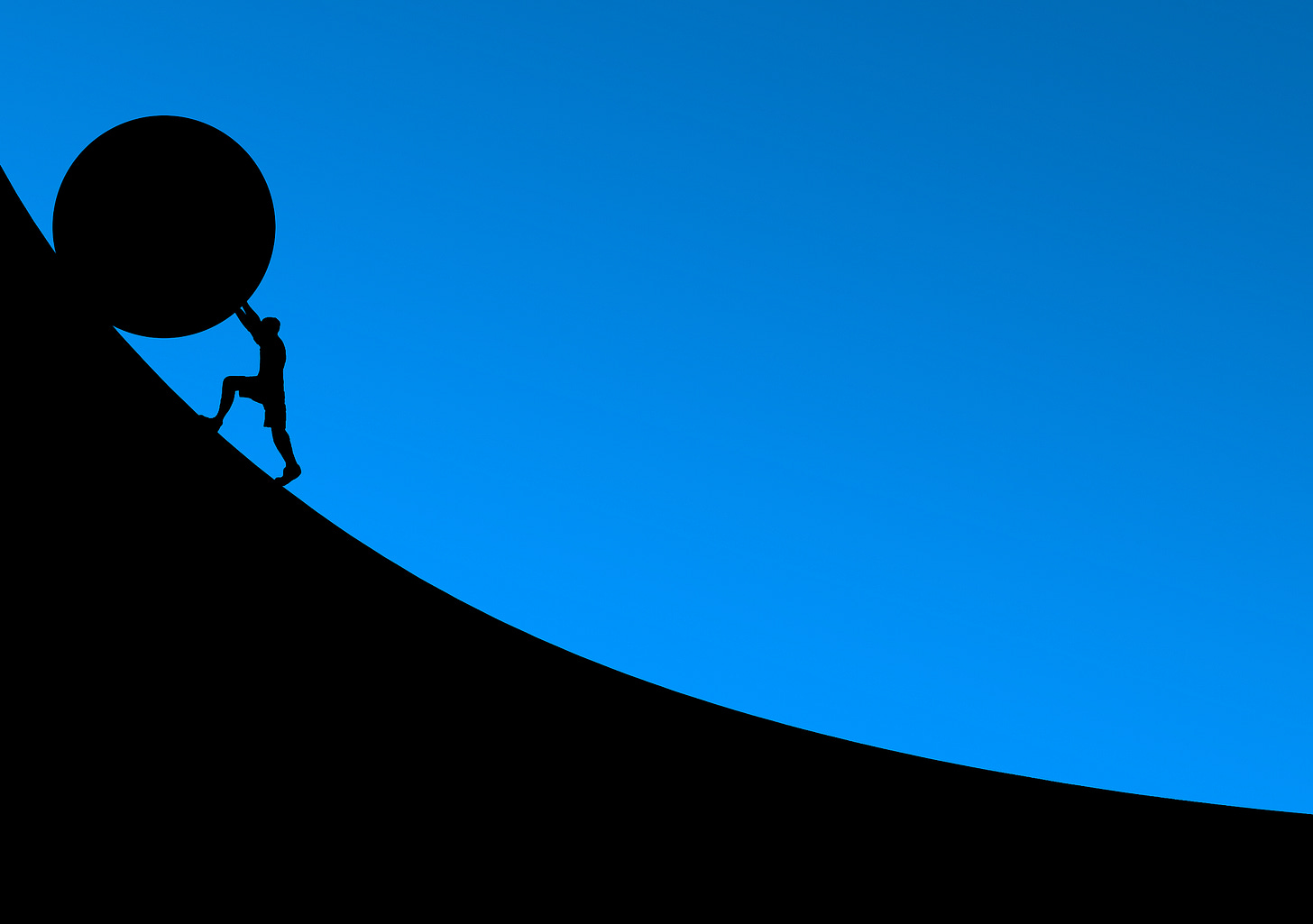The illusion of control is more persuasive than the reality of uncertainty. ~Morgan Housel, The Psychology of Money: Timeless Lessons on Wealth, Greed, and Happiness
Control is a complicated thing.
None of us want to be controlling. We want to be easy-breezy, go-with-the-flow, open to any and all things, in our attempt to not be seen as controlling or anxious about anything. We want the semblance of stability and security that control seems to provide us, especially when we feel uncertainty or ambiguity hovering around the edges. Control is mighty seductive when we are in the clutches of change because even though change often brings opportunity and good things (in the end), it can be a mighty uncomfortable journey. We’d much rather distract ourselves to avoid what’s coming up for us in those moments, over pausing, reflecting, and attempting to deepen our knowledge of Self and the world around us.
We need to believe we live in a predictable, controllable world, so we turn to authoritarian-sounding people who promise to satisfy that need. ~Philip Tetlock (ibid)
These authoritarian-sounding people sound so smart, so sure of themselves, so steeped in data, trends, and an overload of seemingly critical, need-to-know information. They arrive on the scene in the guise of a well-intentioned friend or family member, an industry expert, a spiritual guru, a social media influencer, and often have seductive, anti-control-sounding wares they are peddling that we must listen to, share, like, or buy right now. We fall prey to these borderline-charlatans because we want to be more spiritual, more fit, more lovable, yet, in spite of these desires, we still want to control.
A mantra I’ve been hearing a lot lately - and that I believe, by the way - is to focus on what we can control, and not so much on what we can’t. It makes sense. There is so much we can’t control, in spite of our Herculean efforts to do so, and also so much that we can. How/where can we bring our fullest selves, our fullest range of gifts, to the communities we’ve created through a lifetime of choices, to create deeper levels of purpose, connection, fulfillment, and - dare I say it? - love? How/where can we cultivate discernment so our roots can run deeper in these places we love and care about, so they become reservoirs of nourishment, connectivity, and growth?
There is much in the world that is good, kind, and awe-inspiring, and much that is confusing, heart-breaking, and just plain dickish. Which makes us want to control the confusing, heart-breaking, and dickish because it creates discomfort and seems so eff’ing unfair and unjust. Painful. The past three years have been a multi-course meal in uncertainty and ambiguity and I find myself stuffed full and needing to get up and walk away from the table. To move about, to sit at other tables, to eat kale and drink kombucha to cleanse the palate and the system (by the way, if you’ve got a good brand/recipe on the kombucha front, please drop it below in the Comments).
For me, this means focusing less on the macro-environment, and seeking ways I can plug into and serve my immediate community. Get to know my neighbors again after a global pandemic. Check in on my loved ones when I think of them rather than waiting until I “have time” to do so. Get outside, admire an old oak tree, soak in how it awesome it feels to move about freely again (it feels so damn good). Linger longer to chitchat, laugh, and swap a few stories with strangers when we’ve felt like it’s had to be transactional so we could get the hell out of there as fast as we could and not get exposed to contagion. Jesus, how I fucking love to linger longer…
Something I’ve been reflecting on is how easy it is to live in a self-created illusion of reality rather than dwell in what is actually happening. We tell ourselves so many stories so we can control (a-ha!) the view we want to see or story we want to believe, or have an excuse to turn our heads away from hard things we know we should deal with but are scared shitless to do so. And hey, I am not immune to this tendency. But acknowledging the reality of something is an act of courage. Of extreme personal bravery. Because you’re calling out something that you’ve felt like you had to hide, to contain, or create elaborate, complex stories for, when in reality, it’s as much a part of you as the parts you let out to play in the sunshine. Maybe those hidden parts wouldn’t be so drippy, so dank, so messy, so dark, if they got a little bit of sunshine every once in a while. If we opened up a window and let some fresh air blow through them.
I’m finding greater ease, self-compassion, and a level of self-acceptance I’ve never experienced before as I take steps into the sunshine with my messy bits. Admitting they’re in there brings a surprising level of relief. And they don’t feel so drippy, dank, messy, and dark anymore. I’m also becoming comfortable with less control, more able to embrace and welcome in the uncertainty. Seeing the shadows as a hallowed, creative, and generative space. Practicing acceptance of the ineffable, and getting refocused on the gifts and the people that are right in front of me and extending love, care, and connection when and where I am able to do so.




